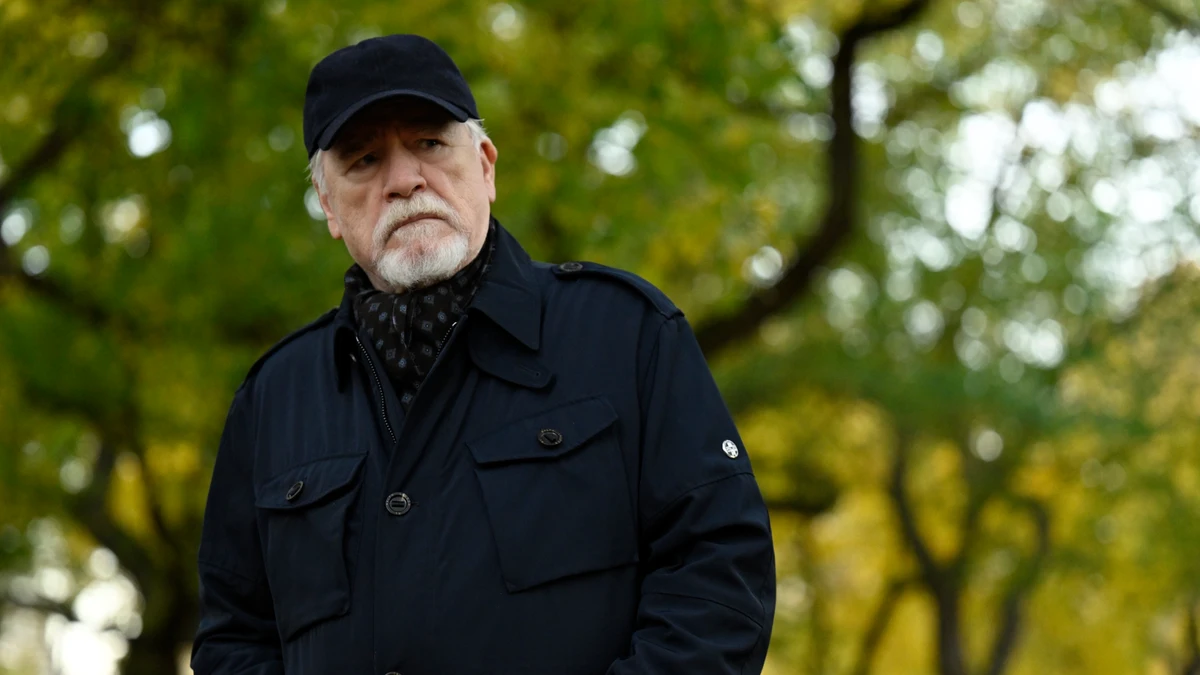
More than 250 billionaires have signed an open letter, called ‘Proud to Pay More’, asking political leaders gathered at the World Economic Forum to raise their taxes to combat the economic inequality that is reigning around the world.
“We are surprised that they have failed to answer the simple question that we have been asking them for three years: When are they going to tax wealth?“, starts the letter signed by more than 250 ultra-rich to the political leaders meeting today in Davos, Switzerland. As every yearthey ask you for a “very simple” action: “Make us pay more taxes to us, the richest in society.” And they ask that it be done “unilaterally at the national level and together on the international stage.”
Furthermore, they indicate that an increase in their taxes “will not greatly alter” their standard of living or that of their successors, nor would it reduce the economic growth of nations.
A note signed by a larger list each year. Among the new membersfaces are found like the actor Brian Coxfamous for his last performance in the series ‘Succession‘, heirs of great empires, such as Abigail Disneyheir to the animation company, or Chuck Collinsgreat-great-grandson of Oscar F. Mayer, founder of the famous American sausage brand. There are also philanthropists with well-known surnames, such as Valerie Rockefellermember of the Rockefeller family, actor Simon Peggor the film director Richard Curtisfamous for films like ‘Love Actually‘.
Among the signatories there is representation from 17 countriesalthough no spanish. Furthermore, according to a report published today by Intermon Oxfamthree out of four millionaires advocate a 2% tax that taxes great fortunes. 54%, furthermore, consider that great fortunes they damage democracies.
However, for experts like José María Peláez, State Treasury inspector, the letter is nothing more than “a statement of intents“. He gives the example of the minimum Corporate Tax of 15% that the OECD has had to establish in all the countries of the world. A very nice theory from five years ago that has never been put into practice. “Each individual country does not can do anything,” explains Peláez, because he always “they go behind” of the rich, “trying to get them to pay the taxes that correspond to them, but they escape because they have the instruments and the advice to be able to escape.” Example of this, the tax havens.
Source: Lasexta
Ricardo is a renowned author and journalist, known for his exceptional writing on top-news stories. He currently works as a writer at the 247 News Agency, where he is known for his ability to deliver breaking news and insightful analysis on the most pressing issues of the day.












